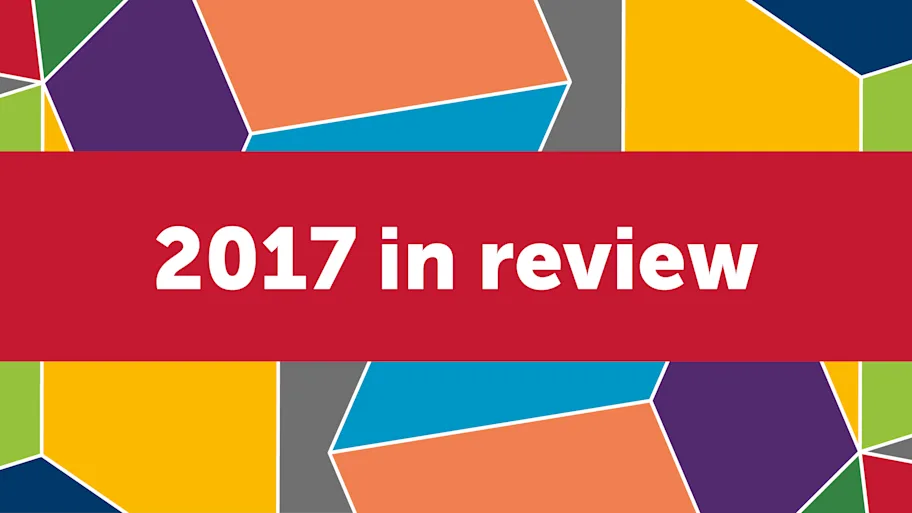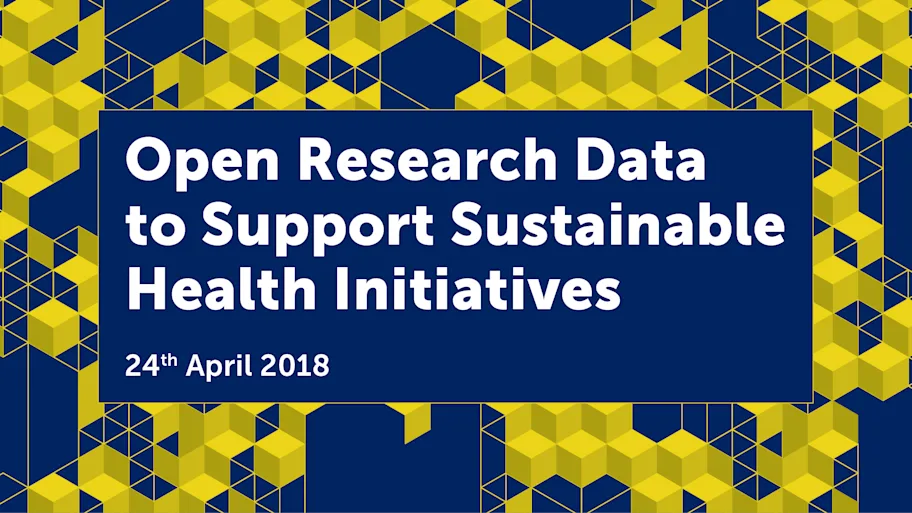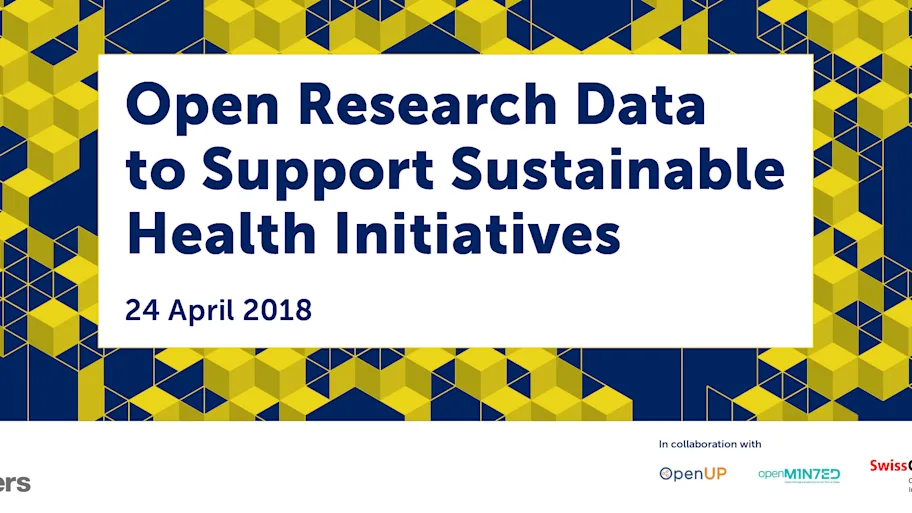
- Science news
- Open science policy
- Digital open science: solving the societal and sustainability challenges of the 21st century
Digital open science: solving the societal and sustainability challenges of the 21st century
How can we best leverage the Open Science revolution for the benefit of humanity? How can Open Science maximise the value of research and innovation for our societies? And what policies and actions are necessary to harness Open Science in Europe?
Leading figures from policy, science, publishing and advocacy addressed these questions on 28 September 2017 at a policy symposium in Brussels hosted by the Mission of Switzerland to the European Union (EU), SwissCore and Frontiers, in cooperation with the Estonian Presidency of the Council of the EU. They included:
Urs Bucher – Ambassador of the Mission of Switzerland to the EU
Kurt Vandenberghe – Director of Policy Development and Coordination at the European Commission’s Directorate-General for Research and Innovation
Kamila Markram – CEO, Frontiers
Valerio Acocella – Professor of Geosciences, University Roma Tre
Michel Goldman – Co-Director of Institute for Interdisciplinary Innovation in Healthcare (I3h), Université Libre de Bruxelles
Mary Ritter – Chair of RISE European Open Science Advisory SubGroup; International Ambassador Climate KIC; Emeritus Professor, Imperial College London
Moritz Riede – Co-Chair, Global Young Academy and Associate Professor, Oxford University
Urmas Kõljalg – Open Science Expert Group, Estonian Research Council and University of Tartu
Tamás Bereczky – Social psychologist and patient advocate for the European AIDS Treatment Group
Martin Eessalu – Estonian Ministry of Education and Research
Open Science in Europe
In his welcome address, Urs Bucher declared that ‘we would like to foster cooperation and elaborate the appropriate instruments to make scientific results available for the sake of a better future for all of us’.
According to Kurt Vandenberghe, if we are to meet the United Nations Sustainable Development Goals (SDGs), we must invest in research and radically transform the way we distribute scientific knowledge. Europe, a powerhouse in science and sustainability, wants to play a leading role in the transition to Open Science. As such, the EU is committed to Open Access to publications and data in the Framework Programmes, the implementation of the European Open Science Cloud, and a drive toward citizen science and the co-design of research.
Watch Kurt Vandenberghe’s talk
Dr Kamila Markram explained that the major bottleneck to achieving the SDGs is that an overwhelming amount of scientific knowledge is locked behind paywalls in the subscription-based model of academic publishing. ‘If we want the enormous gains from Open Science for sustainability and economic growth,’ she said, ‘we have to make science open.’
Frontiers’ data indicates that Open Science works. The 70,000 articles on the Frontiers platform have been viewed and downloaded over 300 million times across the world. The average impact factors of Frontiers journals rank in the 86th percentile of all journals, and Frontiers publishes the most-cited journals in the fields of psychology, neuroscience and plant sciences.
Markram also presented Frontiers’ data confirming Europe’s status as a leader in science and sustainability. European research is the most impactful published by Frontiers, with 6 out of the top 10 countries achieving the highest number of article views and downloads and the highest number of citations being European countries. In particular, EU-funded research articles (stemming from the FP7 and Horizon 2020 programmes) have citation rates higher than any individual country globally, as well as view and download rates amongst the highest in the world.
Open Science to tackle environment and health challenges
Two major areas where Open Science offers the greatest opportunities are environmental sustainability and health. For Prof. Valerio Acocella, science and innovation are crucial to tackle major environmental challenges, which include earthquakes, volcanic eruptions, tsunamis, hurricanes and droughts. Data and knowledge must be shared as widely and rapidly as possible and Open Science is the best way to do this. ‘While hazards are inevitable, disasters may not be,’ said Acocella, citing evidence of a 10-fold reduction in the number of deaths from such events achieved by better forecasting and prevention.
Open Science is also the best means to promote the interdisciplinary collaboration required to address the increasing burden from diseases such as cancer, diabetes and multi-drug resistant tuberculosis. Prof. Michel Goldman explained how Open Science is essential to the personalised medicine and Big Data approaches necessary to develop better treatments and sustainable healthcare systems that improve patient outcomes. However, Prof. Goldman warned that ‘open is not enough’ in isolation – it must be coupled with standards and processes to ensure data quality.
Barriers and policy solutions for Open Science
What policy action is necessary to promote Open Science? During a lively panel debate, Prof. Mary Ritter outlined the key barriers to Open Science identified by the RISE European Open Science Advisory Sub-Group, which she chaired. Specifically, researcher career rewards and funder selection procedures currently do not favour openness. Prof. Moritz Riede agreed that institutional change is essential to reward researchers for embracing Open Science. Prof. Urmas Kõljalg stressed that this culture shift also requires training of researchers in Open Science skills. Funder policies that mandate open access, such as those of the European Commission and the Bill and Melinda Gates Foundation, are also crucial to drive this change.
The transition to Open Science is not a matter for academia alone – it must include citizen scientists and civil society advocates, argued Tamás Bereczky. Better informed patients have better health outcomes and yet patients and patient advocates are denied access to most healthcare research by prohibitively expensive paywalls.
The future of Open Science
Closing the symposium, Martin Eessalu reflected that human lives and global sustainability depend on the pace of innovation, and that Open Science must be integral to this. The Tallinn Call for Action on the future of research and innovation in Europe stresses the role of Open Science and it is up to funders, institutions and researchers to embrace it and to develop meaningful strategies to promote it.






